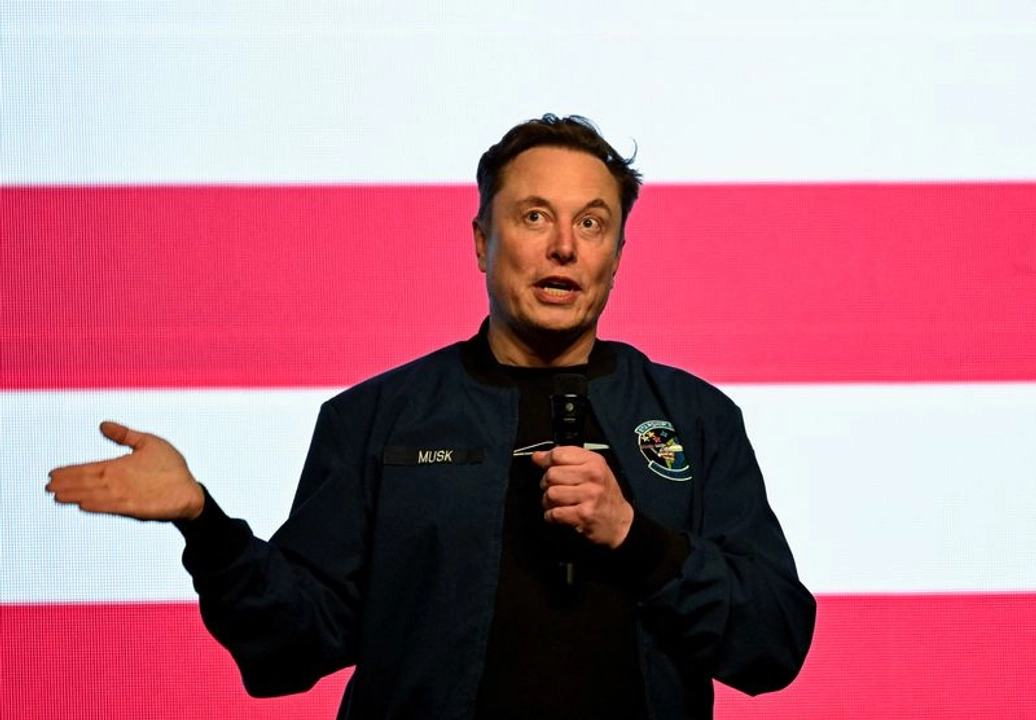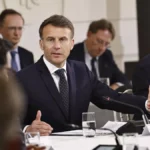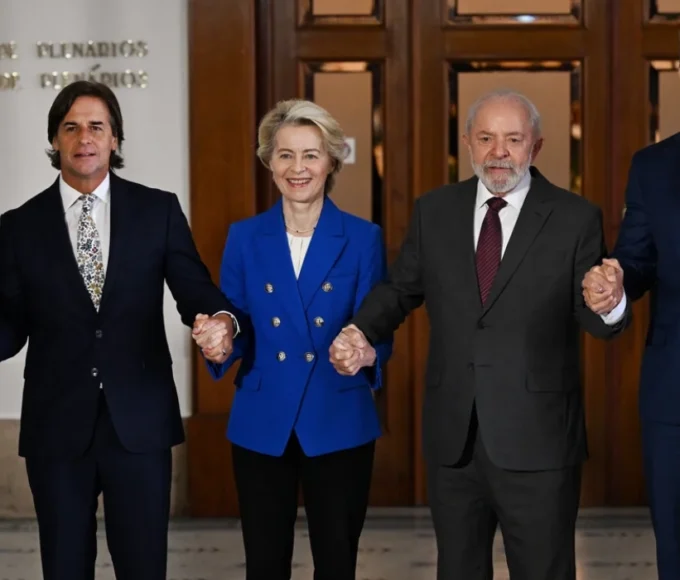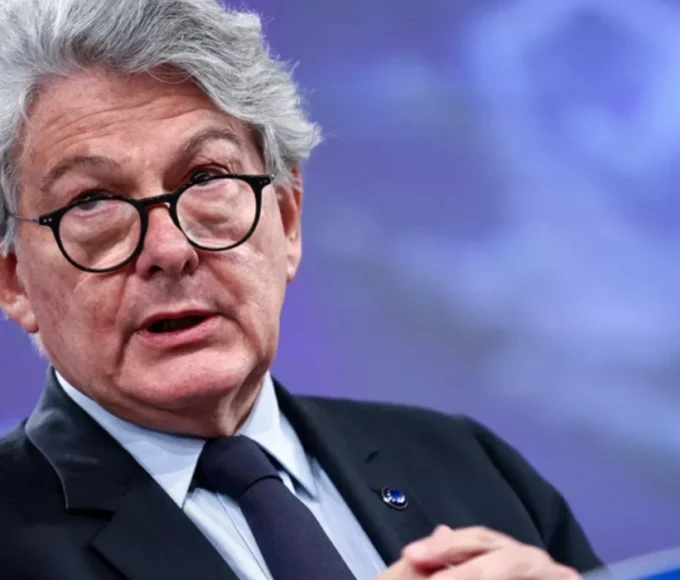Elon Musk, a prominent business magnate and known ally of former U.S. President Donald Trump, recently took a surprising stand on U.S.-Europe relations during a speech in Florence, Italy. In his address, Musk voiced support for the establishment of a free trade zone between the United States and the European Union, proposing the removal of trade barriers to facilitate smoother commercial exchanges and enhance worker mobility across borders.
Musk’s stance came as a stark contrast to the protectionist trade policies pushed by Trump, especially the hefty tariffs imposed on European goods by the former president. Speaking virtually at a political event hosted by Italian politician Matteo Salvini, Musk urged for stronger economic ties between the U.S. and Europe. He argued that a free trade zone would not only make cross-continental business operations more efficient but would also help address labor shortages and increase workforce mobility on both sides of the Atlantic.
Read Also: U.S. Suspends Military Aid to Ukraine as EU Discusses Troop Deployment
Musk’s Economic Perspective: A Shift from Trump’s Tariffs
Musk’s public endorsement of a free trade zone is seen as a direct critique of Trump’s trade strategy, which focused on imposing tariffs as a way to protect American jobs and industries. At the core of Musk’s argument was the notion that those seeking employment in either North America or Europe should have the freedom to do so, fostering mutual growth and reducing economic barriers.
While Trump’s policies aimed to safeguard domestic markets, Musk appears more concerned with the global reach of his companies, particularly Tesla and SpaceX, both of which rely on international markets to thrive. Musk’s call for open markets seems driven by the recognition that restrictive trade policies could harm his business interests, especially as Tesla continues to expand in Europe, where it sells a significant number of electric vehicles.
Why Musk Wants to Distance Himself from Trump’s Legacy
Musk’s effort to distance himself from Trump is multifaceted. As a highly influential figure, Musk’s businesses are deeply integrated with global supply chains. His companies, such as Tesla, benefit from seamless access to international markets, and any disruption in trade relations could have serious consequences. Musk is likely keen on avoiding the ramifications of ongoing tariffs, which could hinder his companies’ growth in key European markets.
In addition to economic reasons, Musk’s desire to carve out an independent path from Trump may be linked to his increasing international influence. While he has often been associated with Trump, Musk’s latest remarks indicate that he is positioning himself as a more globally-minded leader. By publicly advocating for policies that resonate with European leaders, Musk is asserting his credibility on the world stage, ensuring that his reputation is not solely tied to the divisive politics of the Trump era.
This shift in Musk’s political rhetoric is also visible in his comments on issues like immigration and security. While Musk has expressed concern about the challenges posed by mass immigration, his tone differs significantly from Trump’s more combative stance. Musk’s approach to these issues emphasizes pragmatic solutions that would appeal to both European and American audiences. His nuanced stance positions him as a more diplomatic figure, focused on global cooperation rather than the nationalist agenda championed by Trump.
Musk’s Strategic Move in the Political Arena
By calling for a free trade agreement with Europe and distancing himself from Trump’s more controversial policies, Musk seems to be maneuvering to maintain his autonomy in the political and economic spheres. He recognizes the importance of a balanced approach that appeals to both European interests and American business leaders. His comments align him with figures like Salvini, with whom he shares concerns about immigration, but also allow him to challenge the more extreme policies of Trump, especially those that could jeopardize his business interests abroad.
Moreover, Musk’s actions suggest he is not merely a passive advisor to Trump but an active player with his own agenda. As the CEO of several major companies and a leader in the tech and space industries, Musk understands that aligning too closely with any one political figure could limit his flexibility. By advocating for policies that enhance his business prospects and aligning with European leaders, Musk is positioning himself as a key player in both U.S. and global economic discussions.
Conclusion: Musk’s Diplomatic Strategy and the Road Ahead
Elon Musk’s recent remarks in Florence are indicative of his evolving stance on global trade and politics. By advocating for a free trade zone with Europe and distancing himself from Trump’s protectionist policies, Musk is positioning himself as an influential figure with the ability to influence both American and European markets. His call for cooperation over division could shape future economic relations, benefiting both his business interests and global economic stability. As Musk continues to navigate the complex political landscape, his voice will undoubtedly be one to watch in the coming years.
This article is originally published on: autoplus








